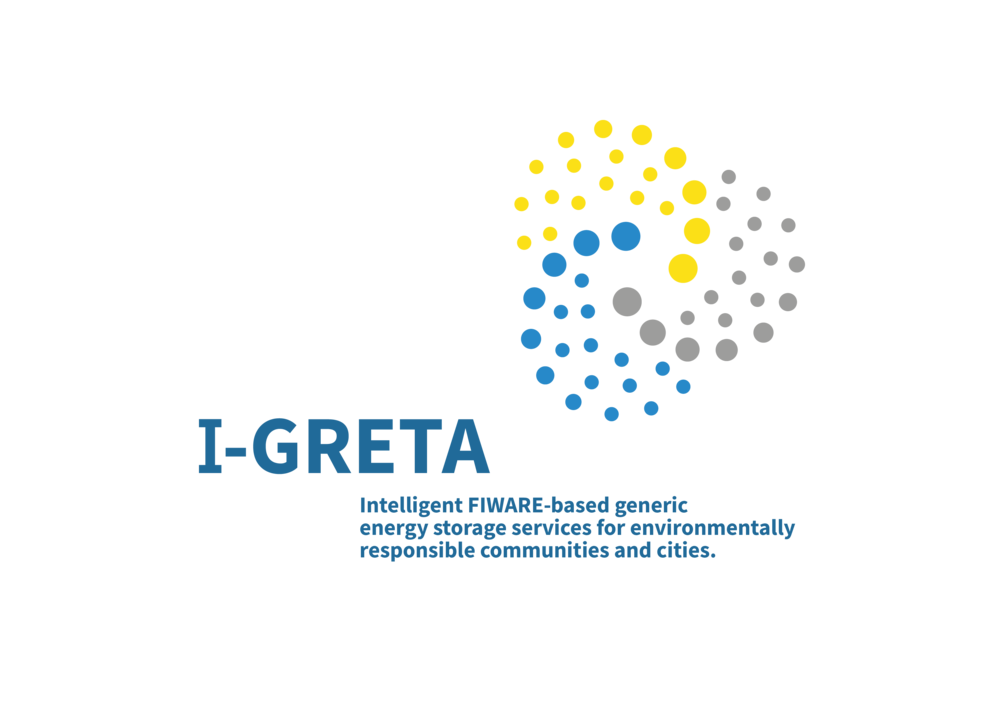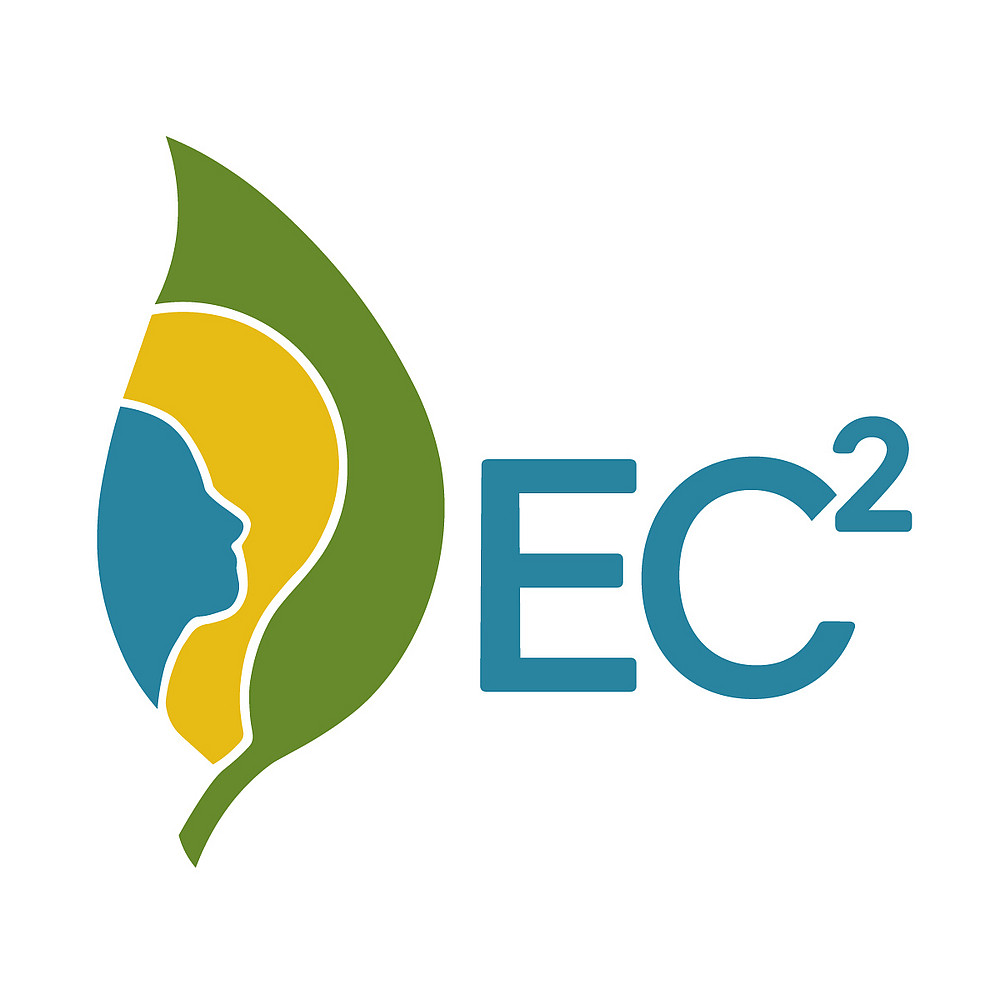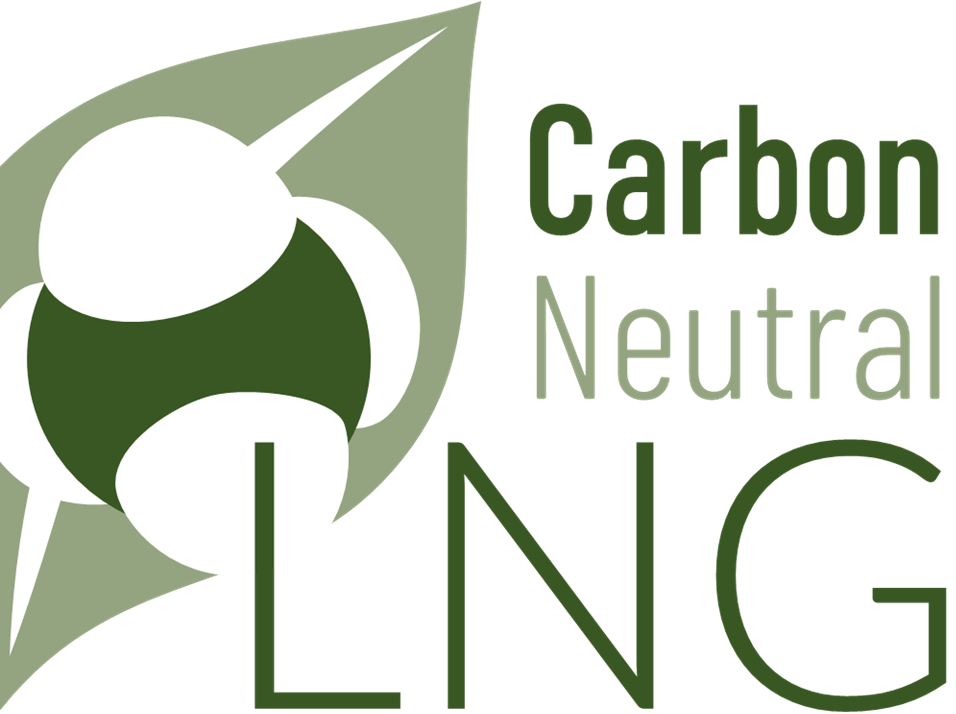
In-SYNC
Inspiring Self-control bY Neurobehavioral Coupling
Inspiring Self-control bY Neurobehavioral Coupling
One of the most important human abilities is to learn by observing others. Rather than engaging in an arduous and potentially dangerous trial-and-error process to solve a problem or accomplish a task, people can simply observe others who excel at the task and mimic their behavior. In the 1960s and 1970s, research into model learning led Albert Bandura to develop one of the most important theories in psychology: 'Social Learning Theory'. The mechanisms that Bandura cited at this time as the basis for observational learning were general cognitive processes of attention, memory or motivation. The research project. "The Mechanisms of Model Learning" aims to test the hypothesis that a more specific mechanism makes this method so successful: the tendency of people to spontaneously put themselves in the shoes of others and adopt their perspective, thoughts and feelings.
Ecom4Future
FIRWARE driven energy communities for the future
FIRWARE driven energy communities for the future
Prosumers and energy communities are actors in modern energy systems who have detailed information about their consumption and generation. ECom4Future utilizes this information for more efficient planning and operation of energy systems.


I-GReta
Intelligent FIWARE-based Generic Energy Storage Services for Environmentally Responsible Communities and Cities
Intelligent FIWARE-based Generic Energy Storage Services for Environmentally Responsible Communities and Cities
Climate change is the most critical issue of our time. Due to the dominance of fossil fuels, the energy sector is responsible for around two thirds of all anthropogenic CO2 emissions. Worldwide, household energy consumption accounts for around a quarter of total energy consumption. The development of the energy sector towards the goal of sustainability has led to intermittent power generation based on renewable energies, power electronic devices and energy storage becoming increasingly important at all levels of the energy system. In recent years, technical and socio-economic studies as well as practical experience have concluded that end-user integration and participation are crucial. The I-GReta solution will start at this point and promote active user participation, which has not yet been implemented due to a lack of the necessary technologies. This should also help to satisfy individual and sometimes contradictory needs.
CLP
Contract Decisions of Consumers between Law and Psychology - Contract Decisions of Consumers between Law and Psychology
Contract Decisions of Consumers between Law and Psychology - Contract Decisions of Consumers between Law and Psychology
The interdisciplinary project CLP deals with consumer behavior: Consumers make contractual decisions on an almost daily basis and, depending on the type of contract, bad decisions can be very or very stressful and can even jeopardize basic living conditions. What leads people to make good or bad contractual decisions? And who or what protects them from bad decisions?


EC2
Energy Citizenship and Energy Communities for a Clean Energy Transition
Energy Citizenship and Energy Communities for a Clean Energy Transition
Climate protection has become central to the survival of our civilization. The production and consumption of energy play an important role in this. Against this background, the EU has created a framework law for a sustainable EU electricity market. The project "EC2 - Energy Citizenship and Energy Communities for a Clean Energy Transition" will examine this EU framework law from an interdisciplinary perspective from May 2021.
Carbon Neutral LNG
Truly Carbon Neutral electricity enhanced Synthesis of Liquefied Natural Gas from biomass
Truly Carbon Neutral electricity enhanced Synthesis of Liquefied Natural Gas from biomass
CarbonNeutralLNG aims at the cost-effective and carbon-efficient utilization of carbon sources from biomass to replace fossil diesel fuels with renewable "electricity-enhanced BioLNG" on a global scale. Low-carbon transportation will increasingly rely on liquid energy sources such as liquefied natural gas from biomass (GreenLNG).

- Active user participation for smart energy services
- GameOpSys - Gamification for optimizing the energy consumption of buildings and higher-level systems
- Greentech Living Labs as participatory research infrastructures for sustainable energy use
- (Un)shared classes? On the relationship between social interaction and children's second language acquisition in linguistically heterogeneous primary school classes
- The inspiring counterpart